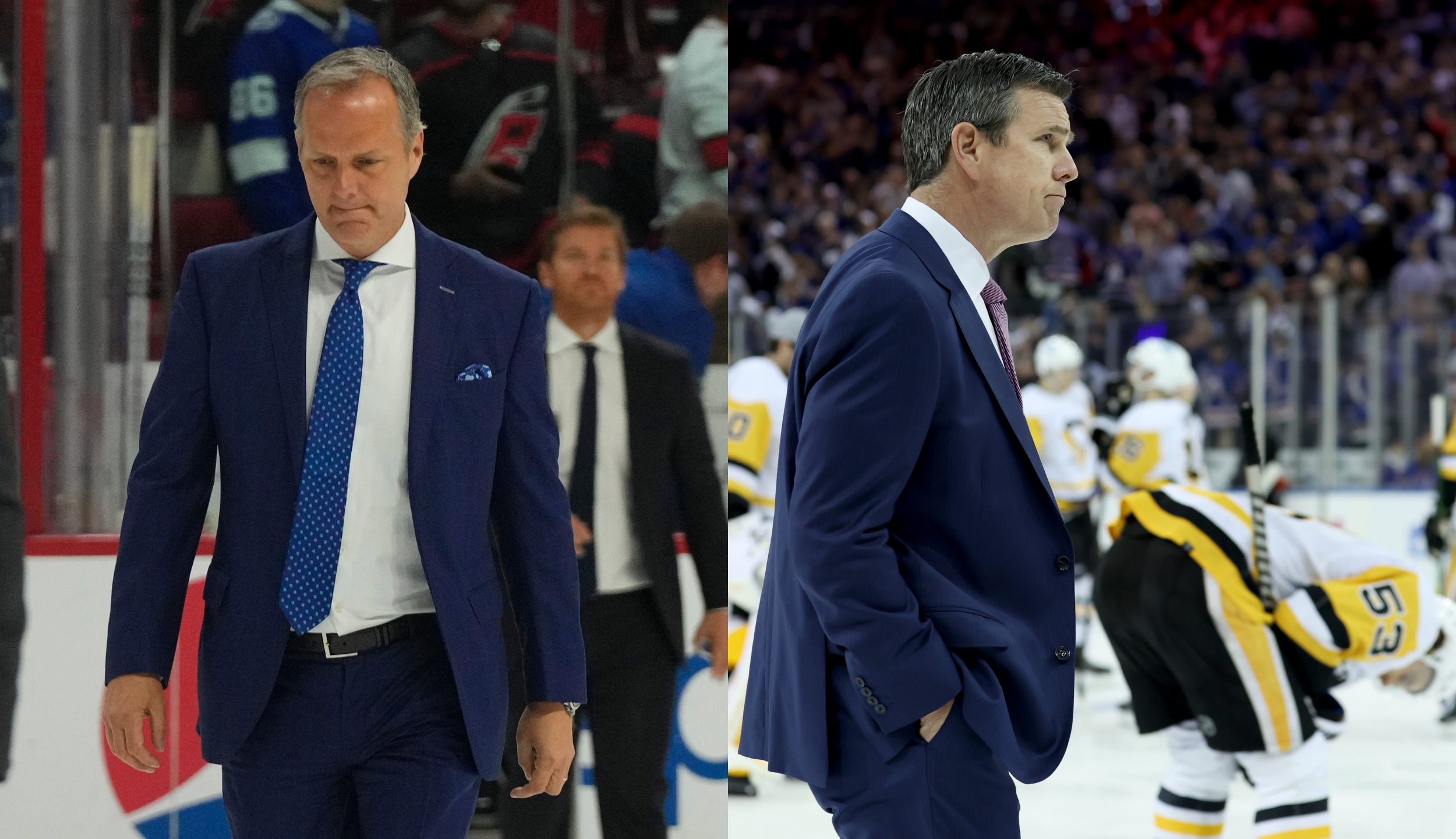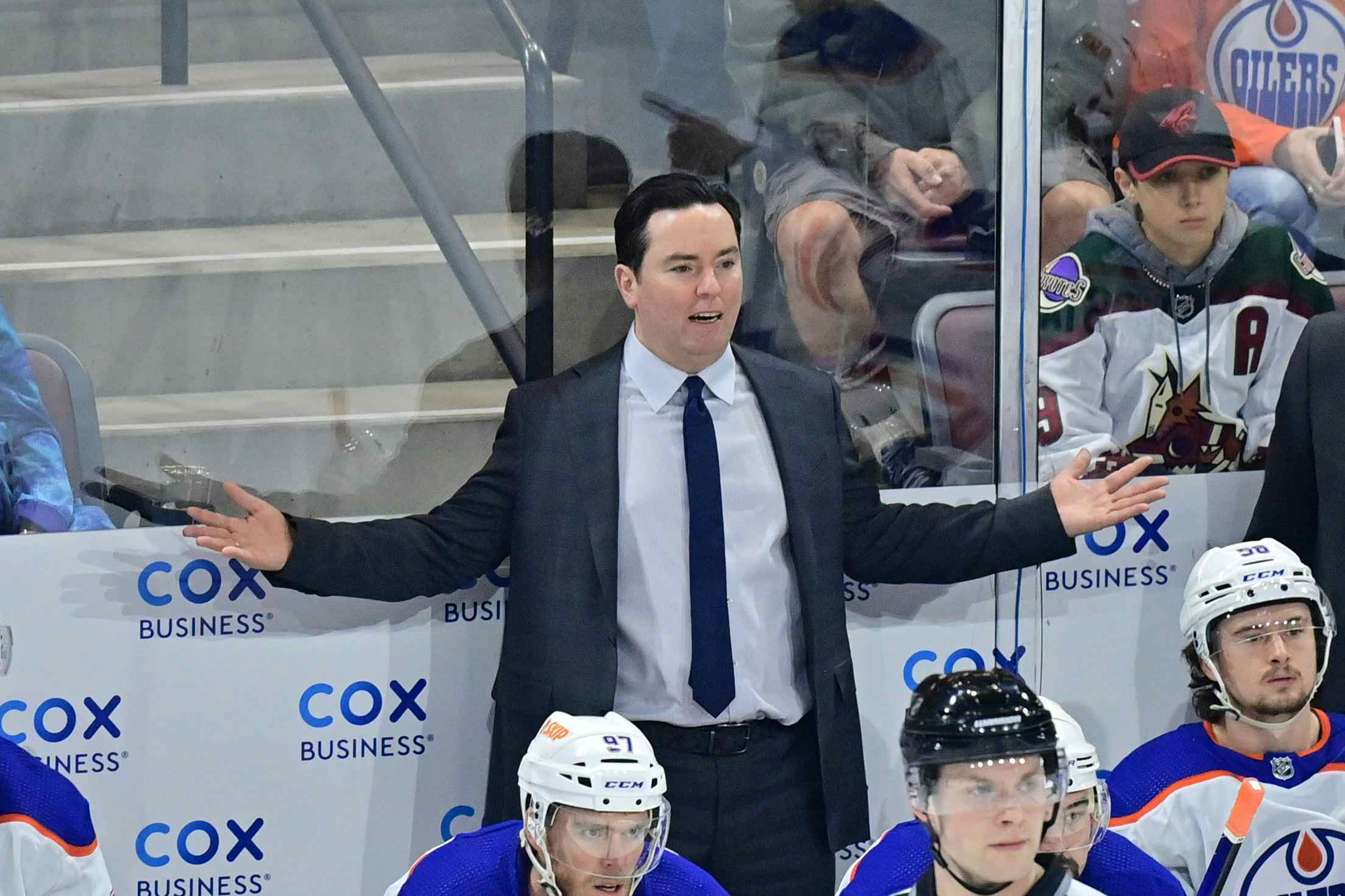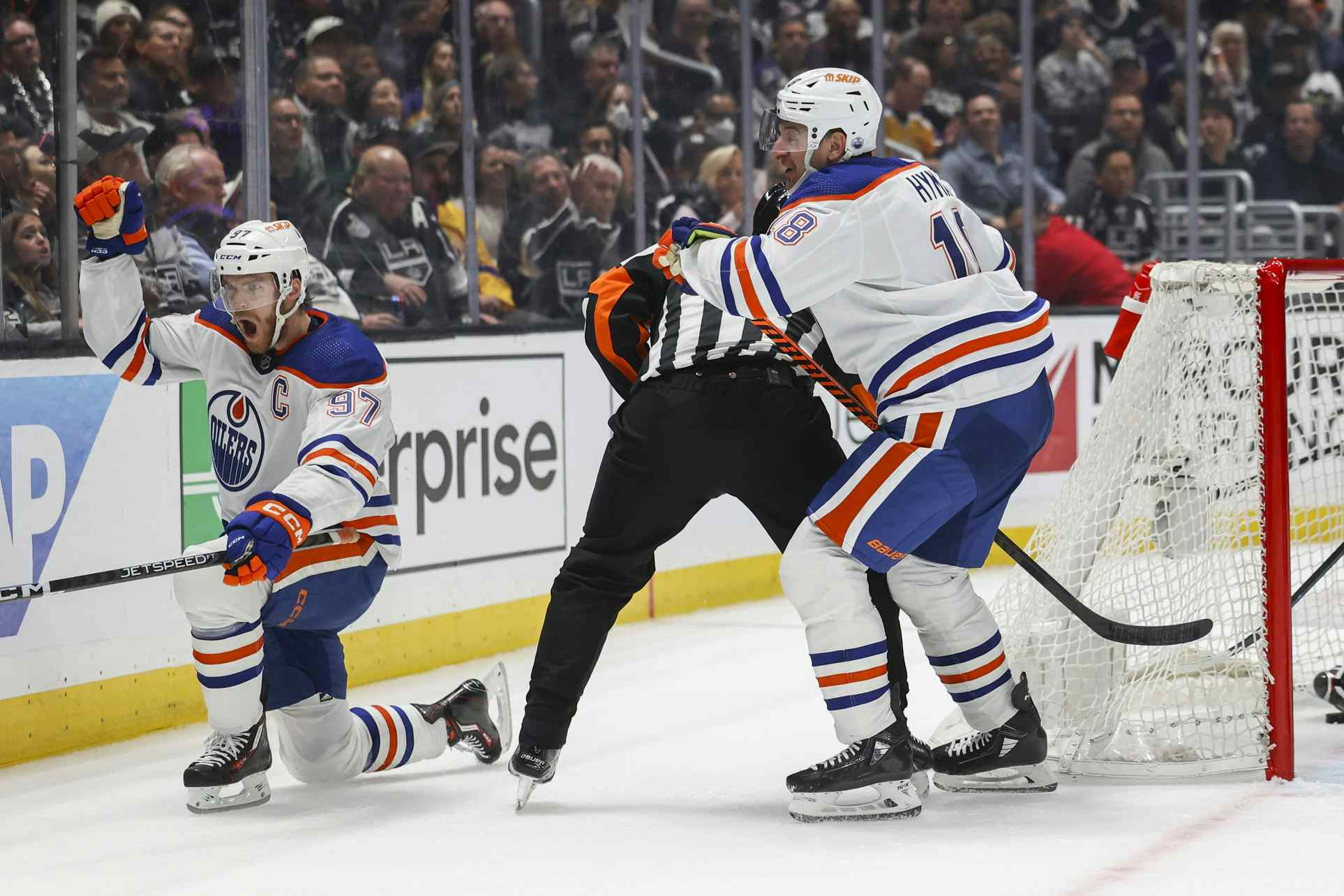Bromides

Certain bromide salts were once used medicinally as a mild sedative. It’s an apt description for the vast majority of interviews with players in professional sports, although it’s particularly applicable to the NHL.
The quest for “consistency” is one of these banalities that are trotted out for the media; very rarely after a win of course, because consistency isn’t actually what these teams are looking for. Matt at Battle of Alberta made this point very well awhile back so I’m not going to get into it any further; suffice to say that when most players say they want consistency they mean that they want to consistently be better than their average performance.
Jim Matheson reaches for the consistency label in his latest piece, although he uses it in the context of the team consistently being hard to play against:
But were they harder to play against, consistently, with less skill? Yes, they were, although Moreau qualifies it.“We’re in the same position as we were then, but we just looked better. In the past we had a bit different makeup, more experience up front, guys who could elevate their games, but having said that, we were still in the same position then with a less talented, more physical, hard-working team.”
(bolding mine)
That quote’s both good and bad; a frequent thing for Moreau. I’ve seen him say incredibly insightful things, and been mystified by other comments. I have two mild issues with that quote, both of which are bolded:
1) guys elevating their games
2) less-talented team
2) less-talented team
On the first point, one of the many problems with the platitudes we discussed earlier is that they occasionally contradict each other, or (as in this case) reveal that neither platitude is sincerely meant. In this case, the question becomes: which is a greater virtue – a player elevating his game or being consistent? Because if a player elevates his game for the playoffs, he’s been playing at a lesser level during the season. Do general managers really want to see players at less than their full effort level over the 82-game schedule? On the other hand, a player who consistently shows the same level of performance is not a “clutch” player – he doesn’t elevate his game when the playoffs are near. Do general managers really want their players to be unable to take that next step?
It’s a fun paradox, with the simplest explanation being (in my opinion) that people tend to put far too much weight in hokey theories about “clutch players”, “consistency” and a thousand other oft-repeated adages. Some of those adages have a basis in reality; others have just become so traditional that they’re repeated and believed without thought.
On the second point, were the Oilers of the past really less talented? There isn’t a forward on the team (including Ales Hemsky) with a career that matches Doug Weight’s. If, on the other hand we jump past Weight’s time with the team, we’re left with only a span of 2002-04; a time span where the team included Anson Carter/Radek Dvorak, Mike Comrie, Dan Cleary and Mike York. The argument could be made that Sam Gagner, Andrew Cogliano and Robert Nilsson are more talented players right now than Comrie, Carter, Dvorak and York were then, but that argument is clearly wrong. It’s a narrative, and an inaccurate narrative at that.
On the other hand, Moreau does point to experience, and there he is on to something. The Oilers of those years didn’t boast a lot of top-end talent, but they did have a lot of older players; veterans who cheated to defense, players who made a career out of playing good positional hockey. That point is what illustrates the chief problem with the bulk of the Oilers’ roster:
Youth.
Recent articles from Jonathan Willis





